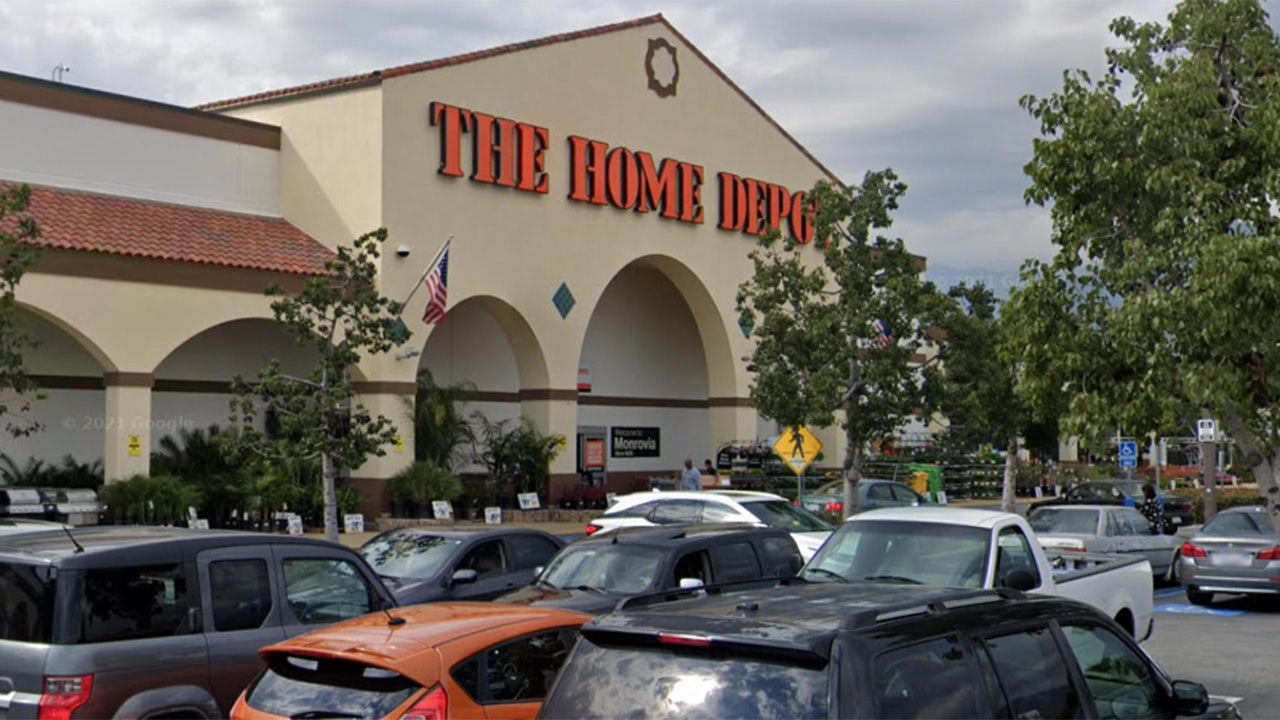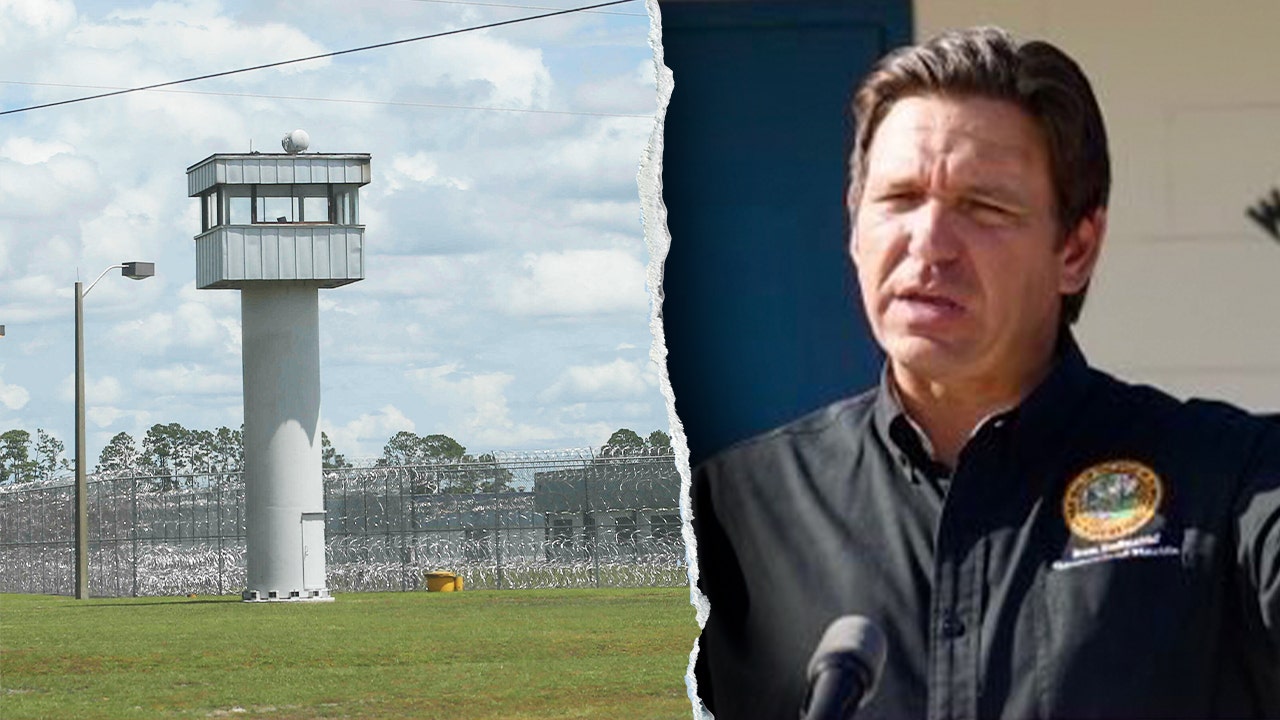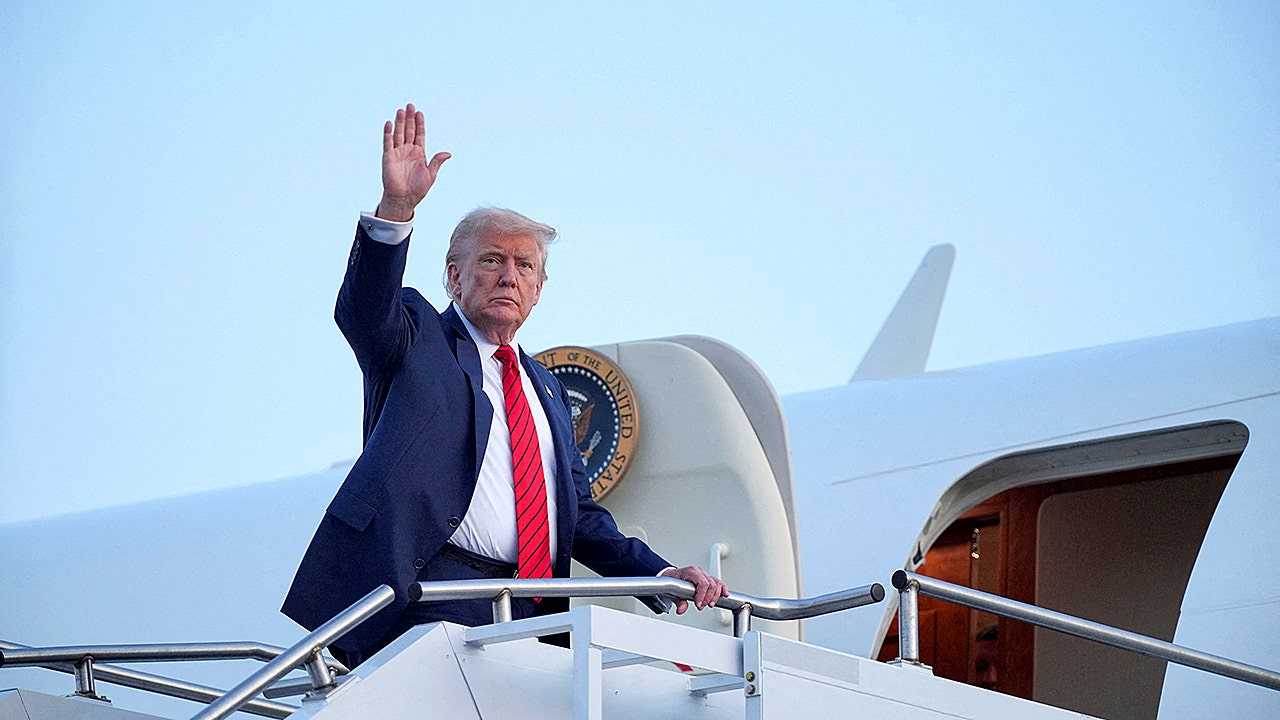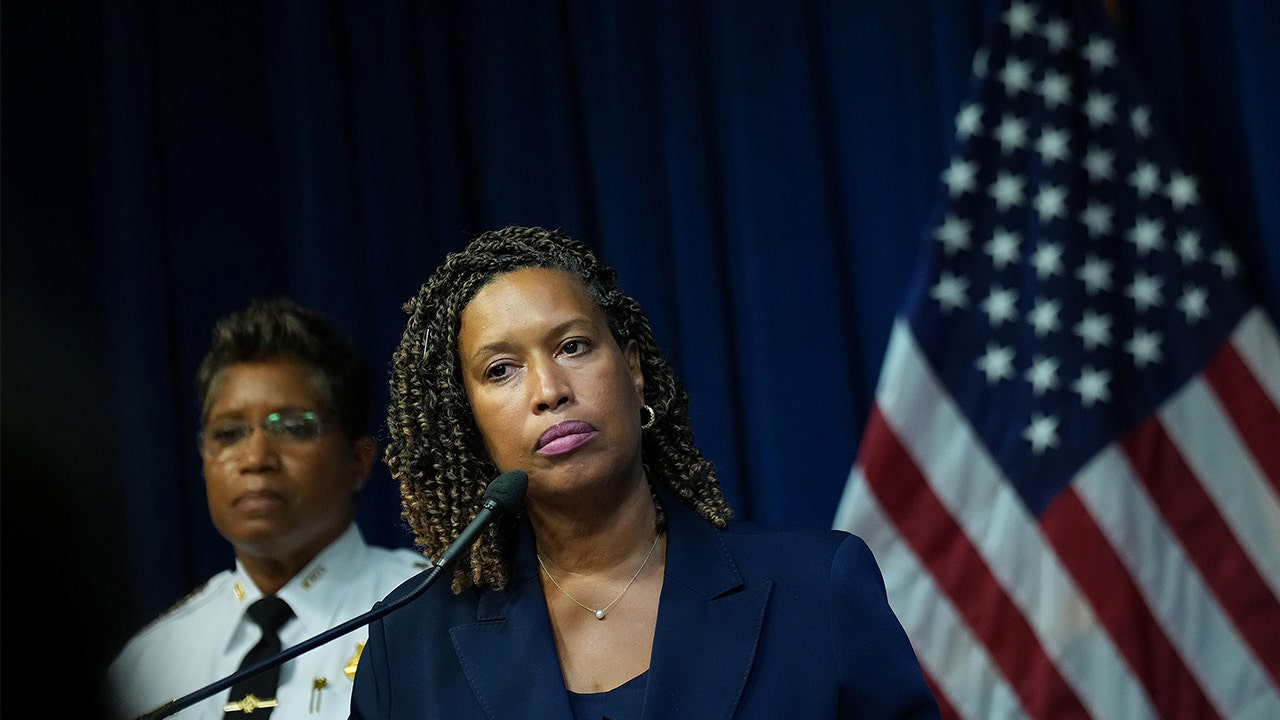President Trump is bent on privatizing mortgage giants Fannie Mae and Freddie Mac – but there’s growing doubt among bankers that it will happen, On The Money has learned.
Wall Street banks – the very firms that must underwrite the potential $30 billion public offering – have been quietly calculating the challenges to Fannie and Freddie’s looming “recap and release,” the financial jargon for building up a capital cushion and then selling them to public shareholders.
Their conclusion: the deal looks daunting. It may require legislative approval. Fannie and Freddie carry mountains of debt. There are also questions whether the entities will be truly private – in all likelihood, they will still need taxpayer guarantees to survive.
In other words, this thing is a mess.
To begin with, Fannie and Freddie are odd ducks. They were created by Congress to maintain a 30-year mortgage market, a money losing business that’s great for homebuyers, but horrible for the banks given the vicissitudes of the housing market. If the banks could keep selling the 30-year mortgages to F&F they could keep making those mortgages ad Infinitum.
At least that was the game plan, but here’s where things got really weird: The federal government thought it would be a great idea for both entities to become public companies. Again, why would you own a stock of a business that supports a lending business that can’t make money?
Well, you might if the US taxpayer guaranteed the business, which is what happened. Fannie and Freddie could then borrow money cheaply (at discount government rates) to buy the mortgages, package them (aka securitization) for sale at a hefty profit.
That’s what they did for years, and their stocks were Wall Street darlings – until they weren’t.
They were spurred by their masters in DC to make homeownership a universal right. Banks in turn kept issuing ever more risky mortgages – so-called subprimes – to people with less and less ability to repay them because they could off load the risk to F&F.

In 2008, reality hit. The mortgage market collapsed. Banks needed federal bailouts, and so did Fannie and Freddie. They’ve been in government conservatorship ever since. Their shares trade publicly on the Over-The-Counter markets given their financial condition, which remains insolvent under normal accounting rules.
Trump wants to free the government of its Fannie and Freddie albatross. The Treasury holds stock and warrants in the companies and might be able to cash out big time. But without that taxpayer backup, Fannie and Freddie can’t borrow cheaply.
Another hurdle: To do an IPO, they might need congressional approval because taxpayer money is involved. Good luck with that. What member of Congress wants to go back home saying they just made Wall Street rich by putting their constituents at risk?
I’ve only scratched the surface why Wall Street is betting that this IPO never gets done. During Trump 1, all of the above resulted in a stalemate with no action by the time Trump left office in 2021.
I’m sure that hedge fund titans Bill Ackman and John Paulson — who have both piled into Fannie and Freddie and who both were Trump backers during the 2024 race – are telling the president to ignore the skeptics.
But I’m also sure that when the full story of how Fannie and Freddie will be privatized — with indefinite taxpayer help – sinks in, this thing could well be back to square one.
A Trump administration housing official didn’t return a request for comment.
Read the full article here















